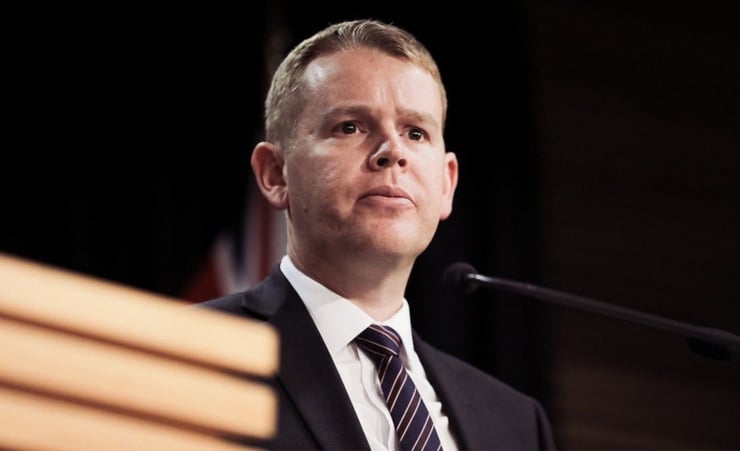Hipkins promises India trip if re-elected

Labour leader Chris Hipkins has announced a policy to invest $100 million into the Venture Capital Fund to invest in agritech, and visit India within 100 days, if elected.
The venture capital funding would go towards the Finistere Ventures joint investment fund developed through the government's agritech industry transformation plan, aiming towards growing the agritech sector to $8 billion by 2030.
The visit to India would be a prime ministerial delegation within the first 100 days of a new government.
Hipkins made the promises as part of the party's "Our Pathway Forward" five-point economic plan.
The five points include:
1. Growing an export-led economy with strong global reputation
2. Turn New Zealand into a sustainable agriculture and agri-tech centre of excellence
3. Be a global leader in renewable energy
4. Harness New Zealand's digital creativity and expertise
5. Boost our premium tourism offering
These would be underpinned by a focus on high-paying jobs, building lasting infrastructure, better skills and practical education, and "a balanced fiscal plan".
The party's policy said the trade agenda would be focused on expanding to new and emerging markets, parterning with businesses to expand offshore, diversification, and strengthening supply chains and relationships with research and innovative countries and groups.
National's Christopher Luxon has promised to prioritise setting up a free trade agreement with India.
Despite talking about the benefits, neither leader - nor Hipkins' predecessor Jacinda Ardern has visited the country - although Hipkins met with Prime Minister Narendra Modi on the sidelines of a Pacific Islands Forum meeting in Papua New Guinea. Labour's Trade Minister Damien O'Connor has also visited twice in the past year, and Foreign Minister Nanaia Mahuta visited in February after criticism of her lack of engagement there.
Travel was, of course, also made difficult this term by Covid-19 border restrictions.
The agritech focus follows the Labour government's Industry Transformation Plan, with the $100m aiming to "shape our clean, green economic brand in the future".
The ITP also proposes investing $29.9m into the Horticulture Technology Catalyst, accelerating research, development and commercialisation through the Centre for Climate Action on Agricultural Emissions, and shift away from overreliance on plantation forests to offset emissions.
Harnessing digital and scientific expertise would include developing a plan for using artificial intelligence (AI) and similar technologies, helping small businesses digitise, and putting $27m towards a trial "digital apprenticeships" plan that would cover trainee wages and costs.
Incentives for film makers and game developers would continue, and research would continue to be funded through the Te Ara Paerangi Future Pathways scheme. Funding would also continue for new fellowships and three research hubs funded under recent Budgets.
The focus on high-value tourism would include a review of the International Visitor Levy, refocusing Tourism NZ's ad campaigns and making use of trade relationships to promote New Zealand, and rolling out the Tourism Industry Transformation Plan.
A policy to tackle the renewable energy goal was yet to be announced, the policy said.
"These investments - backed by solid government finances - will underpin the opportunities of the future and for New Zealand to be the best country in the world to raise a family and get ahead through decent jobs," Hipkins said.
"Unlike National's dodgy numbers, Labour's plan doesn't require billions of dollars of Kiwi homes to be sold off overseas year-on-year. We're going to focus on selling our goods and services to the rest of the world, not selling ourselves like Christopher Luxon wants to do - that's a road to ruin and loss of control."




